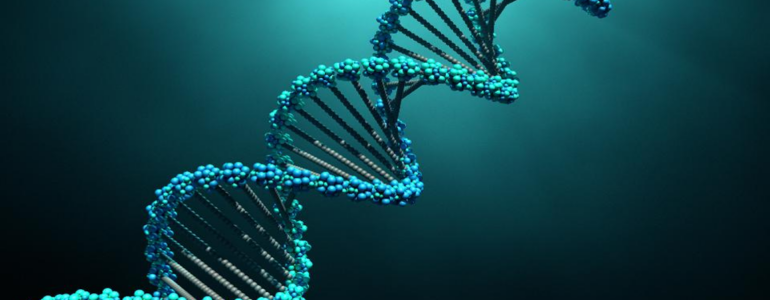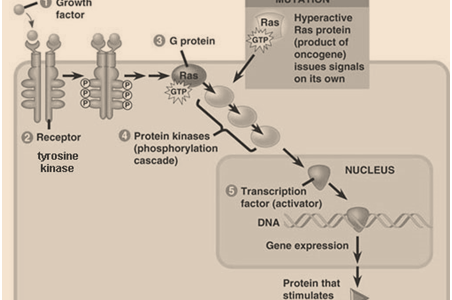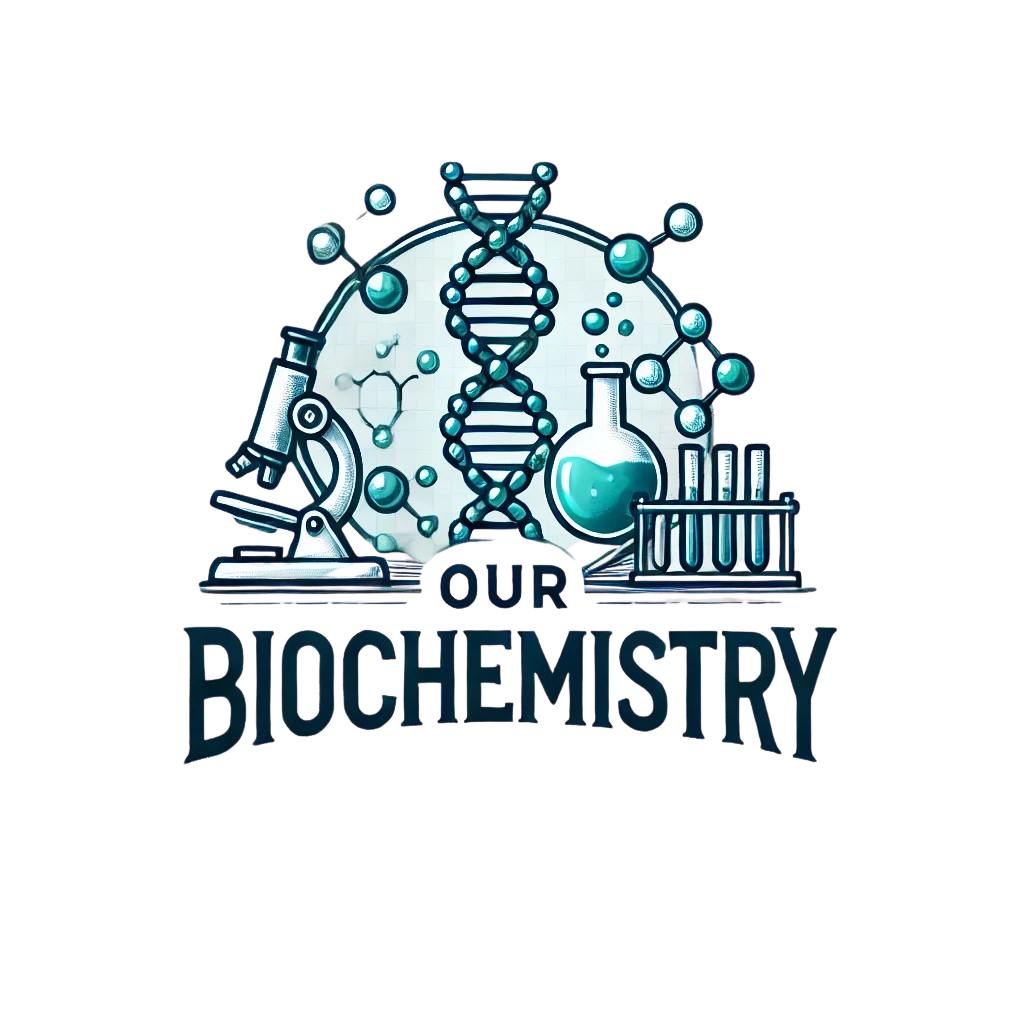Cancer research
Our Biochemistry > Cancer research
DNA Damage Repair: Mechanisms, Clinical Implications, and Therapeutic Advances
19
Mar

Posted in:
Learning resources ,
Library ,
Molecular Biology ,
Molecular Biology ,
PowerPoint Presentations ,
PowerPoint Presentations ,
PowerPoint presentations ,
USMLE Content ,
Tags:
Biomedical Science,
Cancer research,
Cancer Therapy,
Cell Cycle Regulation,
DNA Damage Repair,
DNA Repair Inhibitors,
DNA Repair Mechanisms,
DNA Repair Pathways,
Genetic Mutations,
Genetic Stability.,
Genomic Stability,
Homologous Recombination,
mismatch repair,
Molecular Medicine,
Mutations and Disease,
oncogenes,
Precision Medicine,
Targeted Cancer Treatments,
Translational Medicine,
tumor suppressor genes,
Oncogenes in Human Cancer: A Deep Dive
27
Feb

Oncogenes are key drivers of cancer, originating from proto-oncogenes that regulate normal cell functions. When mutated or overexpressed, they lead to uncontrolled cell growth and tumor formation. This article explores the molecular mechanisms of oncogene activation, including point mutations, gene amplification, chromosomal rearrangements, and viral insertional mutagenesis. Understanding these pathways has paved the way for targeted cancer treatments, offering new hope in oncology research and patient care.
Tags:
Burkitt's lymphoma,
cancer genetics,
Cancer research,
cancer treatment,
chromosomal translocation,
gene amplification,
Imatinib,
insertional mutagenesis,
molecular oncology,
oncogenes,
Philadelphia chromosome,
proto-oncogenes,
Ras activation,
targeted therapy,
tumor formation,
tumor suppressor genes,
Cancer Development: Cellular Characteristics and Carcinogenic Factors
25
Feb

Cancer is a disease characterized by uncontrolled cell growth, invasion of local tissues, and the ability to metastasize to distant organs. This article explores the properties of cancer cells, including loss of apoptosis, metabolic reprogramming, and genetic instability. It also examines the etiology of carcinogenesis, focusing on radiation, chemical carcinogens, and viral oncogenesis. Understanding these mechanisms is crucial for cancer prevention and treatment strategies
